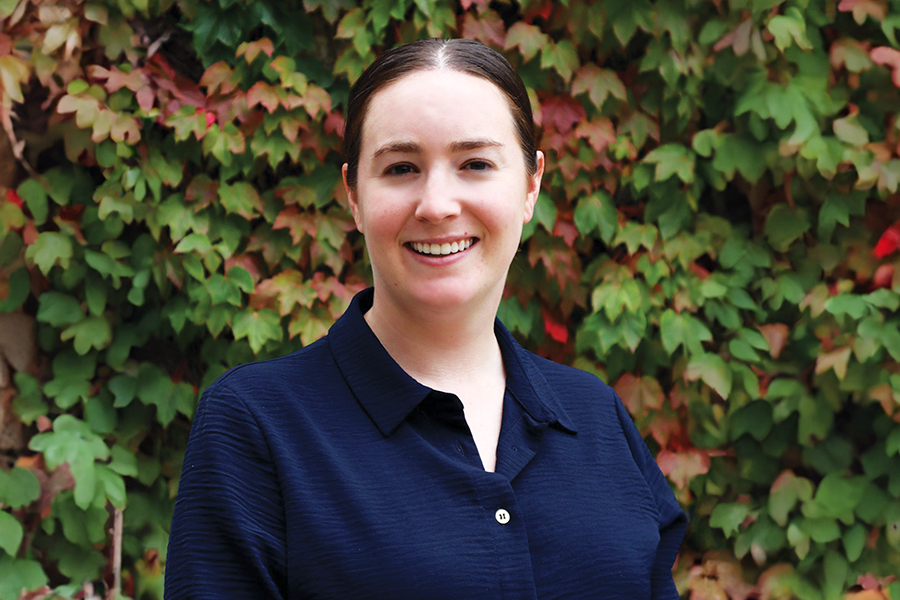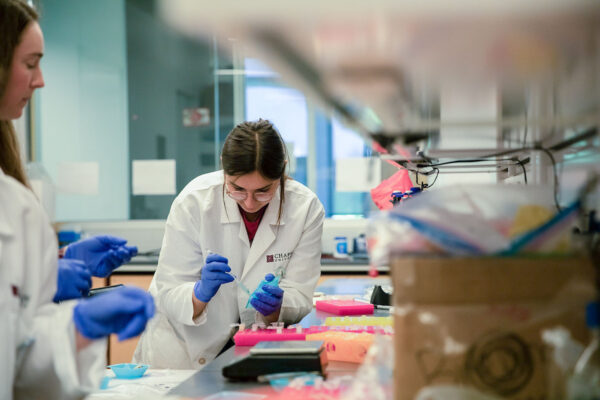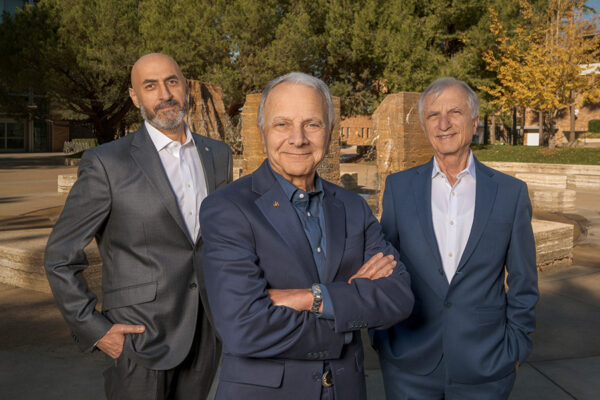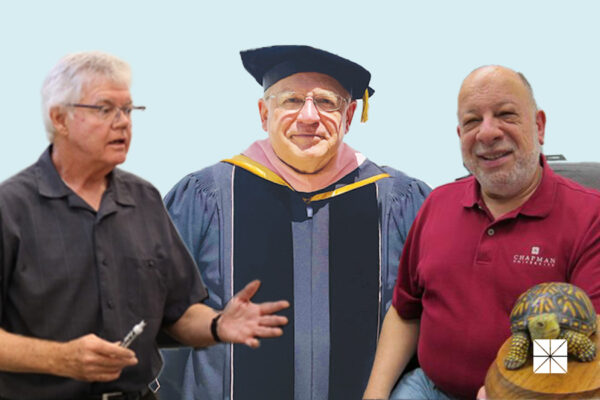The landscape for postdoctoral fellowships is rapidly changing as academia grapples with an oversupply of doctoral graduates and limited faculty positions. In the traditional model, a postdoc was considered a short-term stepping stone to a tenure-track job. However, with less than 25% of doctoral graduates securing faculty positions, the role of postdoctoral fellowships has evolved significantly.
Many postdocs find themselves in limbo for years due to limited academic opportunities, often working in temporary positions with lower pay and minimal job security. This trend has raised concerns about the sustainability and purpose of postdoctoral training as it increasingly becomes a holding pattern rather than a bridge to permanent roles.
Despite these daunting odds, the Grand Challenges Initiative (GCI) at Chapman University stands out as a beacon of opportunity for postdoctoral fellows. As one of the largest and most progressive postdoctoral fellowship programs in the country, GCI has achieved an impressive 70% placement rate, with fellows securing faculty roles at prestigious institutions like Harvard, UC Davis, UC San Diego, UC Riverside, CSU Dominguez Hills, Tufts and more.
GCI’s success can be attributed to its forward-thinking model. Intentionally designed to transcend traditional academic pathways, the program offers interdisciplinary training, personalized mentorship and leadership development. This holistic, innovative approach explains how the GCI program is beating the odds in an increasingly competitive academic job market. The program isn’t just training researchers—it’s shaping leaders capable of addressing the complex, interdisciplinary challenges of the future.
Primed for Tenure

Brenna Gormally, a biologist who earned her Ph.D. from Tufts University, joined the GCI program in 2020. She was drawn to Chapman because of the blend of teaching and research the program offers. Gormally had her sights set on a faculty position, but since most postdocs in her field are funded by research grants they afford little opportunity to gain the experience necessary to be a successful teacher-scholar.
“I really love working with students. It’s my favorite thing about my job. I love mentoring students and seeing their trajectory throughout college,” she said. “Long-term mentorship is something I appreciated as a student and now having the chance to play that faculty mentor role has been something I really value.”
In GCI, postdoctoral fellows spend a portion of their time mentoring teams of four to six undergraduate students as they undertake a two-year research project. Balancing both research and teaching duties can be challenging, but fellows are supported by a cohort of fellow postdocs, four to six others who are at the same point in their careers.
“A postdoc can be such an isolating time in your career,” said Gormally. No longer a graduate student but not quite a faculty member, it often felt a bit like being in limbo, she said. But the opportunity to share experiences and navigate key challenges with a group of supportive and collaborative peers made all the difference.
Professional mentorship is also built into the program, along with individual development plans, faculty observation and a culture of feedback that helps participants prepare for the next steps in their careers. Fellows are also eligible for internal faculty grant programs, with coaching provided as they learn how to write grant proposals for their own research.
After two years with Chapman’s GCI program, Gormally is now a tenure-track teaching professor at UC San Diego, where she is also the associate director of project-based learning for the Seventh College Synthesis Program.
“I don’t think I would have my current position if not for that experience as a GCI postdoc,” she says.
An Academic Wave
Gormally is just one of dozens of postdoc fellows who have benefitted from the innovative GCI program since it was established in 2017. Other notable academic appointments include:
- Dr. Miranda Aiken—California State Polytechnic University, Pomona
- Dr. Hector Camarillo Abad—Occidental College
- Dr. Robert de Bruijn—Tufts University
- Dr. Kamal Diki—Ghent University
- Dr. Cristhiano Duarte Silva—Leeds University
- Dr. Desiree Forsythe—Santa Clara University
- Dr. Daniel Gardner—Robert Gordon University
- Dr. Aaron Harrison—Austin College
- Dr. Lucas Krusinski—California State Polytechnic University, Pomona
- Dr. Charlene McCord—California State University, Dominguez Hills
- Dr. Crystal Ng—Los Angeles Pierce College
- Dr. Nana Pepra-Ameyaw—Chapman University
- Dr. Kenjiro Quides—University of California, Davis
- Dr. Indrajit Sen Georgi—Gwinnett College
- Dr. Mario Stipcic—Harvard University
- Dr. Zachary Thammavongsy—Santiago Canyon College
- Dr. Shana Welles—University of California, Riverside




